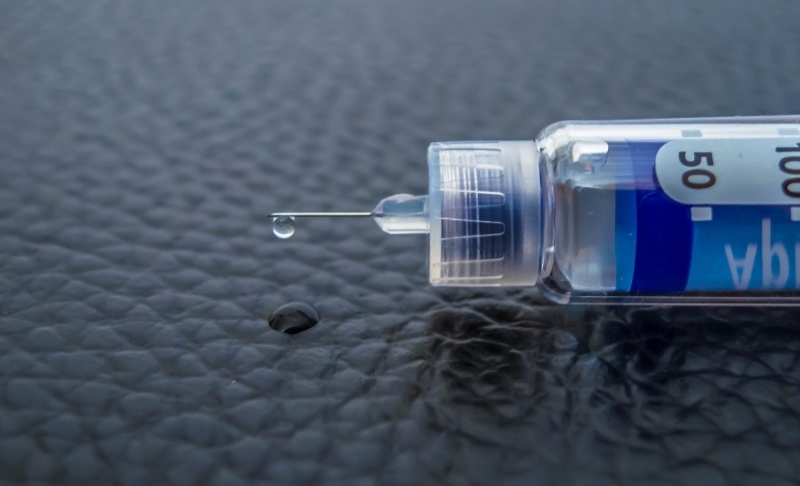There are 17 million diabetics in the United States and 80 million more who are in some stage of insulin resistance. A diet high in carbohydrates and lack of nutrition are the two main factors in creating insulin resistance. Insulin resistance is a “pre-diabetic” condition, which, when it gets extreme, becomes type 2 diabetes.
Below are two doctors clarifying how this condition develops and its effects on the body:
Doctors Michael and Mary Eades
Protein Power
“When cells become resistant to insulin, the receptors on their surfaces designed to respond to insulin have begun to malfunction.
“It simply means that the receptors require more insulin to make them work properly in removing sugar from the blood. Whereas before they needed just a touch to lower it, now they need a continuous supply of excess insulin to keep blood sugar within normal range.
“As time goes by, blood sugar rises higher and stays up longer after the carbohydrate meal despite the enormous amount of insulin mustered to lower it. Bear in mind that were your doctor to check blood sugar during this stage of developing insulin resistance, your blood sugar would be perfectly normal. The major silent change taking place is the ever-growing quantity of insulin needed to keep it that way.”
Dr. Ronald Rosedale, noted Diabetic Specialist
From a talk at the Designs for Health Institute
“The liver becomes resistant first, then the muscle tissue, then the fat. What is the effect of insulin on the liver? It is to suppress the production of sugar by the liver.
“The sugar floating around in your body at any one time is the result of two things, the sugar that you have eaten and how much sugar your liver has made. When you wake up in the morning it is more of a reflection of how much sugar your liver has made. If your liver is listening to insulin properly it won’t make much sugar in the middle of the night. If your liver is resistant, those brakes are lifted and your liver starts making a bunch of sugar so you wake up with a bunch of sugar.
“The next tissue to become resistant is the muscle tissue. What is the action of insulin in muscles? It allows your muscles to burn sugar for one thing. So if your muscles become resistant to insulin it can’t burn that sugar that was just manufactured by the liver. So the liver is producing too much, the muscles can’t burn it, and this raises your blood sugar.
“Well the fat cells become resistant, but not for a while. It is only after a while that they become resistant. It takes them longer. Liver first, muscle second, and then your fat cells.
“So for a while your fat cells retain their sensitivity. What is the action of insulin on your fat cells? To store that fat. It takes sugar and it stores it as fat. So until your fat cells become resistant you get fat, and that is what you see. As people become more and more insulin resistant, they get fat and their weight goes up.
“But eventually they plateau. They might plateau at three hundred pounds, two hundred and twenty pounds, one hundred and fifty pounds, but they will eventually plateau as the fat cells protect themselves and become insulin resistant.
“As all these major tissues, this massive body becomes resistant, your liver, muscles and fat, your pancreas is putting out more insulin to compensate, so you are hyperinsulinemic [having an abnormally high level of insulin in the blood] and you’ve got insulin floating around all the time.
“Insulin floating around in the blood causes a plaque build up. Insulin causes the blood to clot too readily. Insulin causes cells that accumulate fatty deposits. Every step of the way, insulin’s got its fingers in it and is causing cardiovascular disease. It fills it with plaque, it constricts the arteries, it increases platelet adhesiveness and ability of the blood to coagulate [clot]. Any known cause of cardiovascular disease, insulin is a part of.
“If you want to know if insulin sensitivity can be restored to its original state, well, perhaps not to its original state, but you can restore it to the state of about a ten year old.
“You can increase sensitivity by diet and a lot of supplements.”


